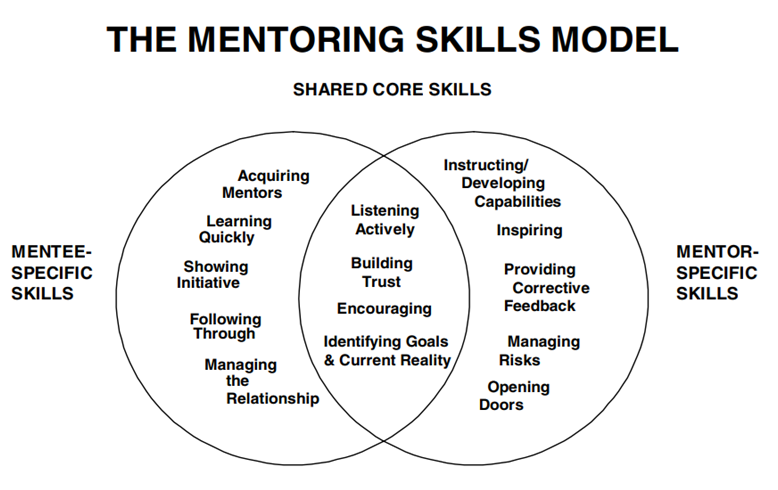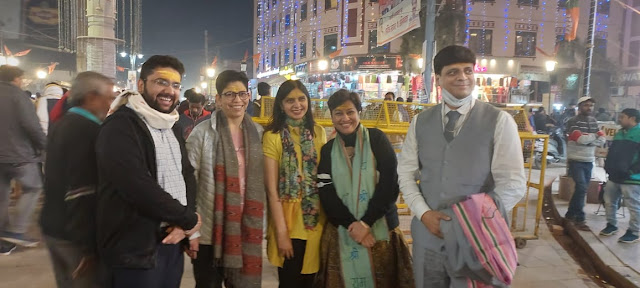The pandemic has been tough on us and most human interactions were virtual. Receiving a call from Mr. Arunabh Singh, Director of Nehru World School to attend the Learnit/Bett conference in January 2022 as a delegate of FICCI Arise came as a blessing. The hopes were high and the emotions were palpable but little did I know that COVID would strike and it would get postponed to 23rd March.
The next day, I met the delegation and the profiles of most educators are stupendous.The networking and rapport truly inspired and motivated me to explore further learning.
As we entered the Learnit conference, the first thing that touched me was the hospitality and the warmth shared by the staff. We received a detailed itinerary and guidance to reach the venues. There were a series of talks and live sessions to choose from and one session that has stuck with me has been the session by Youth content creation lab. It spoke about a learning design ''GLEAM'' to support equity and excellence within the classroom through the game of Monopoly. This model also aimed to help bridge the gulf between educators and their students.
So let's view the model through my learning lens.
I am sure everyone reading the blog has played the game of Monopoly wherein the players role is to remain financially solvent while forcing opponents into bankruptcy by buying and developing pieces of property. How do we use it in the clasroom to ensure that teaching and learning for every level of student is supported?
1. Grade - level - Imagine having your students play the game of Monopoly to learn Mathematics, English, communication, economics and history. They start at a beginner's level to trade money, reaearch the history of the streets mentioned and then move to advance levels of building their empires. They learn strategies and manoeuvres and along the way pick up a gamut of skills. Now tweak the game to replace streets with streets of your own city and ask students to share it's unique history or replace the streets with types of English grammar or with Material structure and function of plants or studying Enduring effects of inequality.
Slowly and steadily, you have involved all levels of students irrespective of academic, social, racial and gender discrepencies and shared a common platform to increase levels of learning. Couldn't this activity be part of your projects or assignment?
2. Engaging instruction - The educator is aware of the class dynamics and background of each student. He/she is aware of the curriculum to be transacted and creates an environment where rigor is built into the standards. It creates a plan to ensure that every child's progress is accounted. Let's see this through a classroom scenario.
Ex: As a Physics teacher, I need to ensure that the students in my class learns about the Electromagnetic induction often found challenging by them. I know that in my class of 40, 5 students will grasp the concept easily, 20 will struggle and the rest will not even try. So, I create a plan wherein I introduce the topic using Station Rotation Blended Learning with all student's conducting an experiment and ensure that half have attained the concept. Post that based on student's responses and observations, I split my class into three groups like expert, comfortable and struggling and then for each group I have either a task or human/digital resource or further research to get them going. The aim is to ensure no one is left behind.
Ex: In the game of Monopoly, the rules are the same for all. If you want to win, you move around using the same resources i.e. money, dice and board. Along the way, you will fall or rise or be even but everyday, you will gain more experience and knowledge and improve your moves. Similarly, within the classroom where the the curriculum and assessment intentions are common but the strategies to reach the learning outcomes may differ.
If you have noticed, I have not used entertainment but focussed on capitalizing resources to build student's intellectual capacity.
3. Affirming Intruction - The word affirmation means emotional support or encouragement. You have a range of students in your class and often one witnesses biases towards selected students maybe not consciously but unconsciously.
So in your classroom transactional processes how are you going to ensure that you have supported and valued them to be their better selves? How are you motivating them to build their knowledge, skills and attitudes? How are you supporting them to value humanity and the environment? How are you respecting the students identities and addressing the inequalities?
This article on Culturally responsive teaching strategies and instructional practices offers some great insight.
Likewise, in the game of Monopoly or any other game do we let students leave the game midway? Don't we ask them to complete the game? Don't we push them to try and succeed? Don't we applaud their wins and console them on their losses?
It ight sound easy in a game but the classroom practices could be easily replicate this. You teachers are superheroes and you have already proven that countless times.
4. Meaningful - If the Knowledge gained within the classroom has no connection to the world outside then it is mere information. This information is meaningless so ensure that every concept within the classroom is interlinked and interdisciplinary for the whole picture to come to light.
Ex: In the game of Monopoly, the money you use to either rent a property or buy a property has implications in the real world. You also learn that if you traveled the board and lost your money, you are bankrupt and the same theory works in real life. If you keep spending but not earning, guess what?
This model has made me introspect and will definitely incorporate this learning model and hope you do too. For further information, please refer to the GLEAM Model of learning.
Next time, I look at the board of Monopoly, the vision will be much different from what I was carrying before and isn't that what learning is all about, 'Learn, Unlearn and Relearn'









 let you overtake, valuing your speed
let you overtake, valuing your speed  ;
; and slow you down.
and slow you down. and inner insecurities break all rules;
and inner insecurities break all rules;













